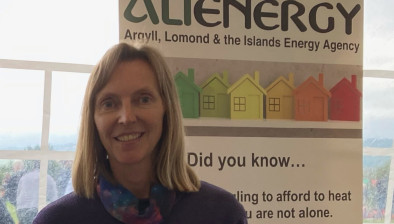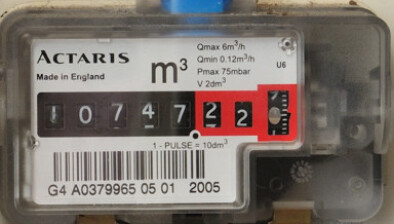Holyrood committee wants publicly owned energy company to be smart and strategic
A publicly owned energy company must be positioned at the heart of policy making, long-term in its thinking and flexible enough to react to change as it happens, according to a Holyrood committee.
The economy, energy and fair work committee has written to the Scottish Government with its findings on a publicly owned energy company (POEC) and what role it could take.

Committee convener Gordon Lindhurst MSP
Following their inquiry, the committee found that a POEC has the potential to provide independent oversight, collaborate with others in the field and join up existing climate change and fuel poverty policies.
Gordon Lindhurst MSP, convener of the economy, jobs and fair work committee, said: “If a publicly owned energy company is to provide cheaper energy and tackle fuel poverty, it must sit at the heart of decision-making and market transition. However, in an already crowded market place, we would like to see a clear mission statement on how the company plans to build a sustainable customer base, how it will operate, how it will align with existing initiatives, and what extra value it will add.
“With so many expectations placed upon a publicly owned energy company, there is a danger it ends up pleasing nobody. We hope that will not be the case and – for the sake of affordable fuel bills and decarbonisation – it has to be smart with its aims and strategic in its thinking.”
As well as formal evidence sessions and written submissions, the inquiry drew on research commissioned by the Scottish Parliament Information Centre (SPICe) on behalf of the committee. The Centre for Energy Policy suggested four overarching objectives that a Scottish POEC could have:
- Creating new energy infrastructure platforms
- Accelerating wider energy system transformation
- Increasing engagement and participation in the energy system
- Reducing costs to consumers
In October 2017, the Scottish Government made a commitment to establish a not-for-profit POEC to supply energy to consumers at as close to cost price as possible.








